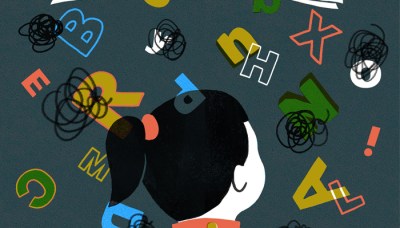 “Our children aren’t being taught to read in ways that line up with what scientists have discovered about how people actually learn,” writes Emily Hanford in the New York Times. Why? Many teachers will tell you they learned something different about how children learn to read in their teacher preparation programs, Hanford explains.
“Our children aren’t being taught to read in ways that line up with what scientists have discovered about how people actually learn,” writes Emily Hanford in the New York Times. Why? Many teachers will tell you they learned something different about how children learn to read in their teacher preparation programs, Hanford explains.
Hanford’s op-ed in the Times is based on an audio documentary she produced, “Hard Words: Why Aren’t Kids Being Taught to Read?”
Last month, Robert Pondiscio wrote about Hanford’s audio documentary and the discussions it had prompted among teachers.
Kate Walsh of the National Council on Teacher Quality has written extensively about why teacher preparation programs don’t train teachers in scientifically based reading instruction, In one article for EdNext, “21st-Century Teacher Education” she writes:
It is commonly assumed that teacher educators opt not to train candidates in scientifically based reading instruction, instead “training” them in “whole language” methods. Actually, no such training occurs, as whole language methods require no training. Whole language is not an instructional method that a teacher might learn to apply, but merely a theory (flawed at that) based on the premise that learning to read is a “natural” process. It is no coincidence then that the whole-language approach tracks nicely with a philosophy of teacher education in which technical training is disparaged.
The National Council on Teacher Quality (NCTQ) has reviewed hundreds of syllabi from reading programs at more than 800 institutions across the country. What these programs most often teach is not to adopt the whole language approach but that the candidate should develop her own approach to teaching reading, based on exposure to various philosophies and approaches, none more valid than any other.
— Education Next
Last updated November 2, 2018



